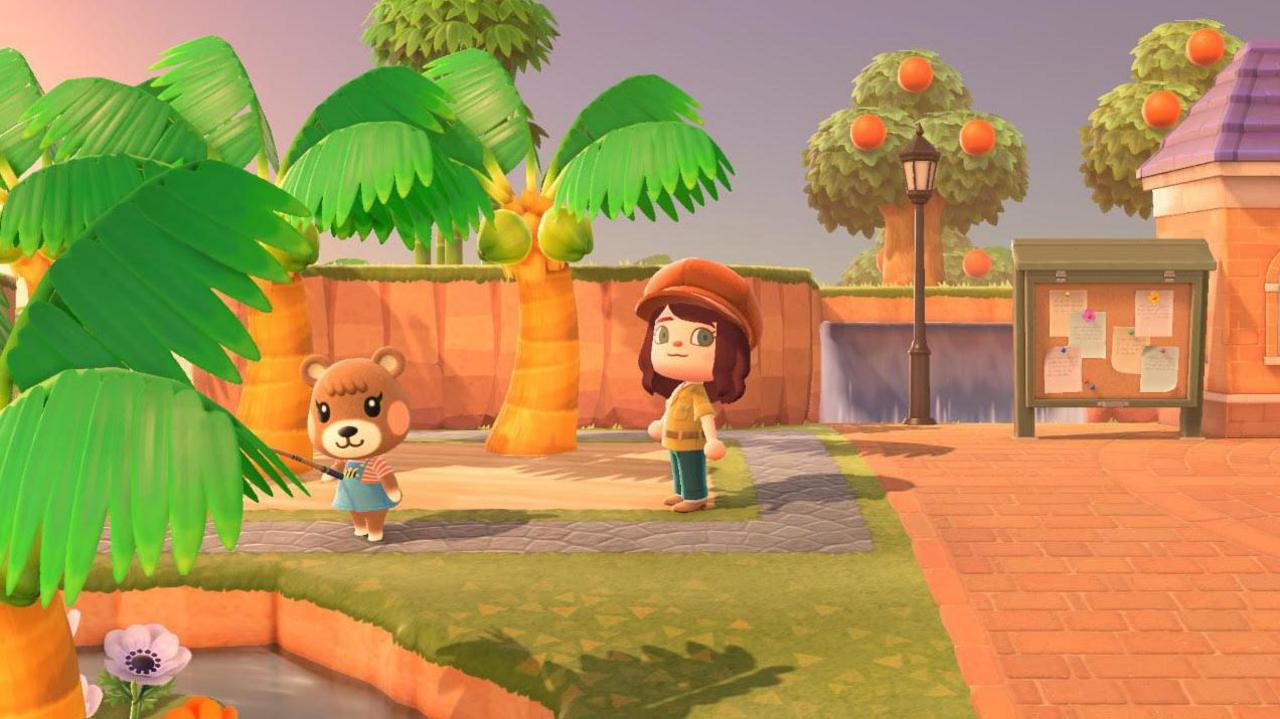
In the ever-evolving landscape of gaming, where adrenaline-pumping action and competitive gameplay often dominate, a quieter trend has emerged: the use of games like Animal Crossing and Pokémon for mental health and well-being. These seemingly simple, often whimsical games offer players a unique escape from the stresses of daily life, providing a sense of calm, control, and social connection that can be profoundly beneficial. But how exactly do these games achieve this, and what is it about them that resonates so deeply with players seeking solace and relaxation?
This phenomenon isn’t new. For years, gamers have turned to virtual worlds like the peaceful villages of Animal Crossing and the adventurous realms of Pokémon to find respite from anxiety, depression, and the general pressures of the real world. This trend was particularly noticeable during the COVID-19 pandemic, when social isolation and uncertainty were at their peak. Games like Animal Crossing: New Horizons offered a much-needed sense of routine and connection, allowing players to build communities, forge friendships, and escape the confines of their homes, albeit virtually.
Why These Games?
- Sense of Control: Both Animal Crossing and Pokémon offer players a sense of agency and control over their environment. In Animal Crossing, you can design your island paradise, decorate your home, and cultivate relationships with adorable animal villagers. In Pokémon, you embark on a journey of self-discovery, train and befriend powerful creatures, and strive to become a Pokémon master. This sense of control can be particularly appealing to those who feel overwhelmed by the unpredictability of real life.
- Social Connection: While seemingly solitary, both games offer opportunities for social interaction and connection. Animal Crossing allows players to visit each other’s islands, exchange gifts, and collaborate on projects. Pokémon, while traditionally a single-player experience, has evolved to include online trading, battling, and cooperative gameplay. These social features can help combat feelings of loneliness and isolation.
- Stress Relief and Mindfulness: The gentle pace and repetitive nature of tasks in Animal Crossing, such as fishing, bug catching, and gardening, can be incredibly soothing and meditative. Similarly, the exploration and collection aspects of Pokémon can provide a sense of calm and focus. These activities can help players unwind, de-stress, and practice mindfulness.
- Escapism and Emotional Regulation: Both games offer immersive worlds that allow players to escape from the pressures of reality. Whether it’s the idyllic charm of Animal Crossing or the adventurous spirit of Pokémon, these virtual worlds provide a safe space for emotional exploration and regulation. Players can express themselves creatively, build communities, and find joy in simple pleasures.
Personal Experiences
I’ve personally experienced the therapeutic benefits of these games. During a particularly stressful period in my life, I found solace in the calming world of Animal Crossing. The daily routine of tending to my island, interacting with my villagers, and decorating my home provided a sense of stability and control that I desperately needed. It was a welcome escape from the anxieties of the real world, and it allowed me to recharge and refocus.
Beyond Anecdotes: The Research
The mental health benefits of these games are not just anecdotal. A 2020 study by Oxford University found a correlation between playing games like Animal Crossing and increased well-being. The study suggested that the social interaction and sense of accomplishment offered by these games can contribute to positive mental health outcomes.
The Future of Gaming and Mental Health
As the gaming industry continues to evolve, it’s likely that we’ll see more games designed with mental health and well-being in mind. These games have the potential to be powerful tools for self-care, stress management, and even therapy. While they should not be seen as a replacement for professional help, they can offer valuable support and a sense of community for those struggling with mental health challenges.